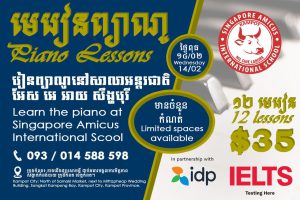Piano classes offer a comprehensive approach to learning music, combining theory and practice to develop a student’s ability to play the piano as well as understand music more broadly. Whether for young children, teenagers, or adults, piano lessons can be a rewarding experience that enhances musical knowledge, technical skill, and personal development. Here’s an overview of what piano classes typically involve, the benefits of learning piano, and some tips for getting started.

